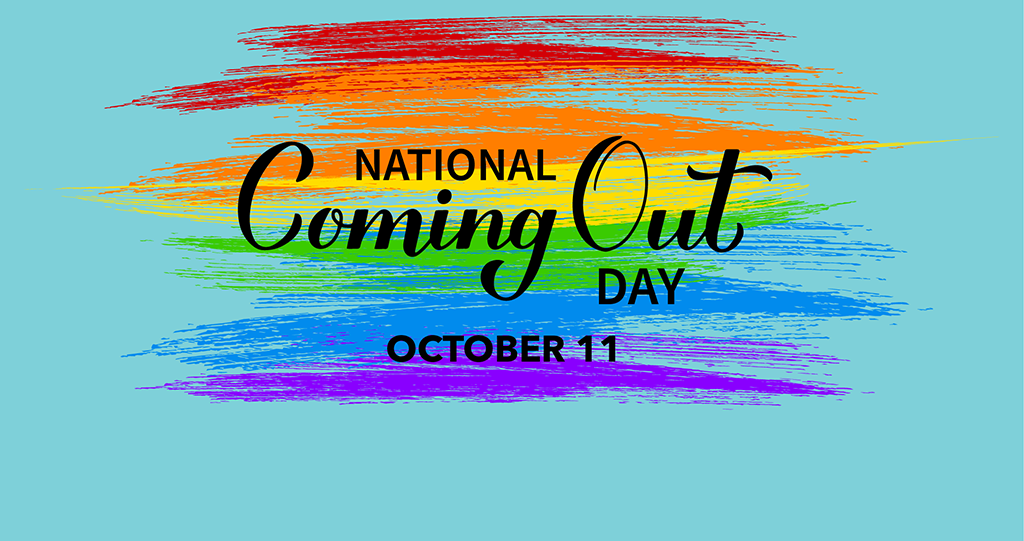National Coming Out Day. Is Your Company Set Up to Help 2SLGBTQ+ Employees?
Coming out at work for many is a terrifying thought.
We do not know how the information will be received.
Will relationships change to the point I will be uncomfortable at work and have to quit? Will I lose friends? Will colleagues start to avoid interacting with me?
These are all very real questions for someone contemplating taking this step.
That being said, there are many things that organizations can do to be prepared to support those who make this courageous decision to share their authentic selves at work.
Yes, there are provincial and federal legislations in place prohibiting discrimination on the grounds of gender orientation, gender identity and sexual orientation. But that is not enough. And while having a rainbow colour cake in the break room during PRIDE week is great, a truly supportive organization should be doing more.
It is imperative that organizations, regardless of size, have a clearly articulated policy regarding the expectations for all employees with respect to discriminatory behaviour. It is important that any policy be created with input from all levels within the organization, with clear support from senior leadership.
A good starting place is consulting resources available at the Ontario Human Rights Commission and the Transgender Law Center. It is also critical that processes are in place to support any policies.
Policies are great, but without processes to back them up, they are pretty much meaningless. Especially for someone who has to have their gender and name corrected on company documentation. It is often discovered that there are several databases where name and gender are kept, but none of them “talk” to one another. So correcting the information in one place does not get migrated over to other locations.
Words Matter
All polices and forms should be reviewed to make sure they are inclusive in their wording. Including multiple choices for gender beyond just male/female is a good starting point.
Using the pronoun “They” instead of She/He in documents is much more inclusive as well.
There should also, wherever possible, be clearly identified gender neutral washrooms. If that is not feasible, make sure the policies reflect the right for people to use the washroom for which gender they identify.
In addition to clear policies and processes, larger organizations should also have an employee resource group led by staff within the 2SLGBTQ+ community. With the proper support and funding, the group can provide resources for all employees, from bringing in guest speakers knowledgeable on various topics concerning workplace support and identifying EDI training/educational opportunities for all staff.
Organizations including Pride at Work, The 519, and the Canadian Centre for Diversity and Inclusion are reliable source of training.
A Positive First Step Is Key
Another option is to identify an individual to act as a diversity officer to oversee employee training and the implementation of policies and processes. This person can also be the first point of contact for someone who is thinking of coming out. Coming out is scary at best. Having a supportive first point of contact is critical to a positive experience.
Organizations should also openly support and promote events for the community, once the appropriate and continuous internal work and training is well underway. This could include having the rainbow pride logo on all marketing materials and corporate websites to indicate they are a safe and supportive environment for the community and participating and supporting PRIDE week events.
Every organization is different, and there will be nuances from one company to the next, but the time to act is now.
Make sure you are ready. Be proactive, not reactive, and support your employees and clients so they feel safe, comfortable, accepted and appreciated.
And remember, everyone’s journey is their own. Do not generalize. Listen. Do not judge. Be there for them. Acknowledge the strength it takes for someone to have that conversation. Treat the process with the respect it deserves. They have honoured you with telling you their story.
Erin LeBlanc is a Smith School of Business adjunct lecturer, speaker, and author of Stranger in the Mirror: The Search For Me. As an advocate for the LGBTQ+ community, Erin is the recipient of the “Tri-Award (accessibility, equity, & human rights)” from Queen’s University for her work in establishing transgender transitioning guidelines, and identifying and removing barriers for individuals transitioning in the workplace. She is also a co-host for a weekly hour-long radio talk show regarding gender/transgender topics. A graduate of Queens Law School with a Masters of Law, she specializes in International Trade Law.
For the latest HR and business articles, check out our main page.
Reader Feedback
We want to hear from you!
Do you have a story idea you’d like to see covered by PeopleTalk?
Or maybe you’ve got a question we could ask our members in our People & Perspectives section?
Or maybe you just want to tell us how much you liked the article.
The door is always open.










